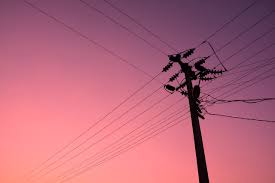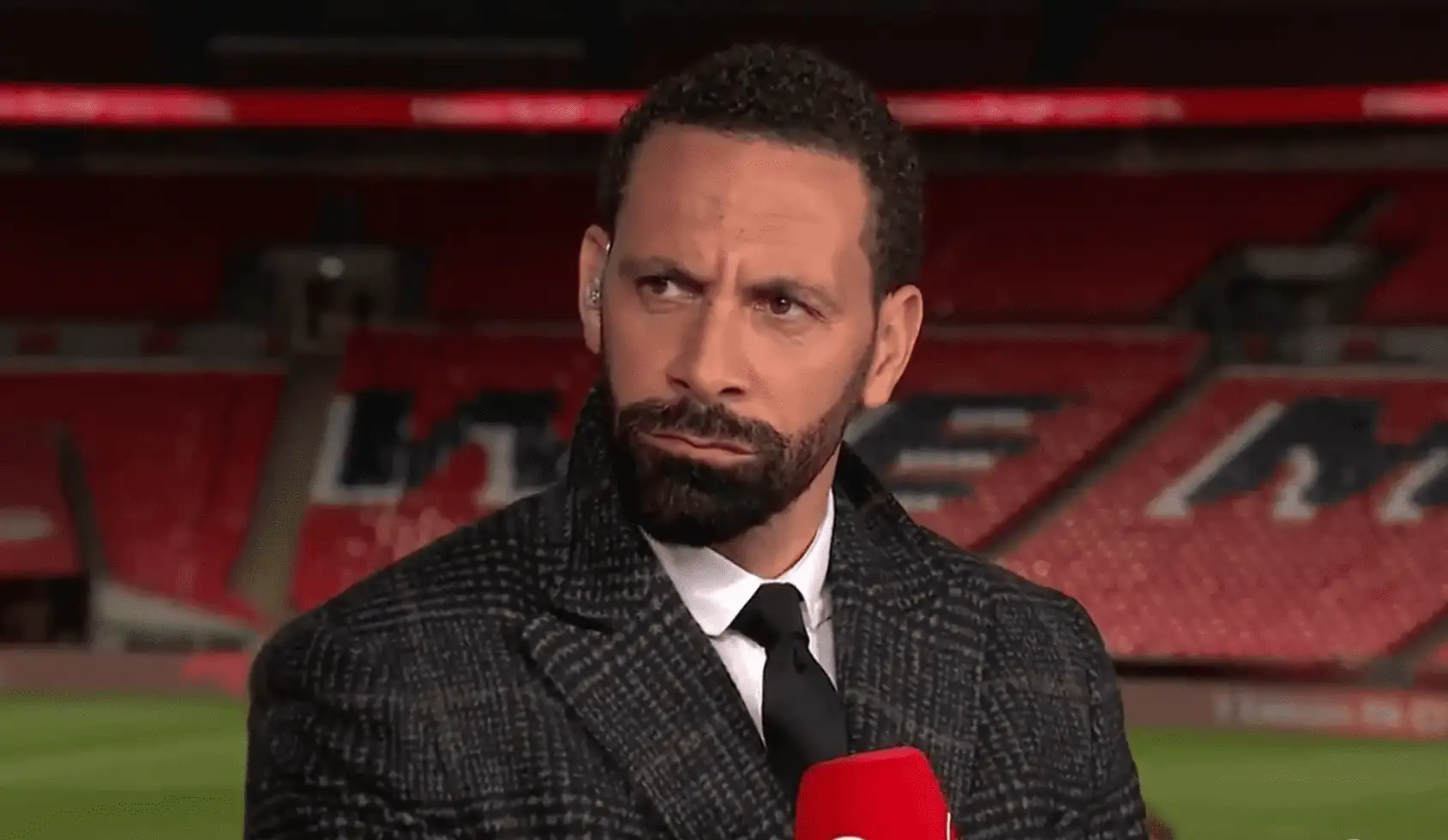A Guide To Help You Understand Fixed-Price Energy Tariffs

Choosing fixed-price energy tariffs allow you to secure the rate of the energy that you utilize in your organization for a particular duration. This suggests you don’t need to think about changes in the energy supplier’s system energy price, and investing more than you desired. Repaired rate energy offers usually run in between 12 and 24 months, though you can find others that can increase to 3 years.
A good option to fixed-price energy tariffs are standard variable rate tariffs. The cost of a basic variable rate tariff can change depending upon wider market energy costs. While a basic variable offer does not tie you in, it’s not an inexpensive way to purchase gas and electricity for your service. This guide will assist you comprehend fixed-price energy tariffs.
Understanding fixed energy tariffs
A fixed-price energy tariff assurances that the standing charge along with your system expense of electrical energy and gas which normally makes up your total energy bill can not change throughout the length of the energy contract. However this doesn’t indicate that you can pay the exact same for the energy costs monthly.
Instead, it’s the cost of your energy unit that doesn’t change. For that reason, if you choose a repaired energy strategy and utilize less or more energy every month than another, then your energy bill can change accordingly.
A fixed-price tariff offers the benefit of a locked cost and competitive market rates. It’s usually attracting those who desire a short-term or medium-term method of budgeting on energy bills.
In most cases, a fixed-price energy can in some cases be a bit costly compared to a variable-rate tariff, particularly if you have an energy deal that runs for 18 months or more. Once you choose to switch tariffs prior to the expiry of the energy contract, remember that a fixed-price energy strategy draws in an exit charge that is payable. The energy supplier might not charge this fee if you are within a number of days prior to the expiration of the agreement.
A fixed-rate energy tariff can be more affordable than a variable rate tariff, however this can depend upon the larger energy market. If wholesale rates for energy are high, then a fixed-rate energy offer can cost you more. It can be a good concept to consider it as worth the money due to the fact that they provide an assurance that the unit energy cost can not change.
Repairing the cost of your energy can indicate paying less energy bills. A fixed-price energy tariff is typically available for home owners who set up smart meters on their property.
A clever meter makes certain that you just need to pay the exact same quantity for the energy you utilize. You should note that a clever meter can interact wirelessly with the energy supplier, so you do not need to send meter readings yourself.
The expiration of fixed-price energy contract
Your energy supplier needs to offer you advance notice before the expiry of your fixed-price energy agreement. It’s also an excellent concept to take note of the expiry date of your fixed-price electrical and gas tariff.
When your fixed-rate energy tariff expires, it can go back to your energy supplier’s default tariff. This standard default tariff is a basic variable rate that can be expensive compared to the fixed-rate that you were formerly paying. Keeping in mind the expiration date of the fixed-price energy agreement can offer you enough time and choices of searching for the very best energy deal with the present energy supplier or a different energy supplier.
You can consider switching a fixed-rate energy tariff at any time, particularly if you find a much better energy deal. Energy prices generally increase in winter, so make sure that you compare energy deals prior to winter sets in to find the very best deals.
On the other hand, if you already have a repaired energy tariff, then you should discover if the current energy provider charges an exit charge for leaving your energy tariff before the expiry of the agreement. If the cost savings you made on the brand-new tariff can make up for this expense, you should also inspect. Also, ask your energy supplier the expiration date of your energy contract, specifically if you are uncertain.
Keep in mind that energy providers have the energy price cap. This cap restricts how much energy these energy providers can charge you for units of gas and electrical energy for customers on the standard variable rate. It’s normally shown as an annual figure, so it’s the optimum amount an average family can pay if they utilized the typical amount of energy.
It’s worth discussing that you can choose to switch a tariff if you have a prepayment meter. Therefore, you can utilize energy contrast services to get more competitive prepayment tariffs. This is how it works: you can tell an energy comparison company about your residential or commercial property and energy use, and they can provide you several energy tariffs to choose from.
Additionally, you can decide to switch from a prepayment tariff to a credit meter. Credit tariffs can usually be cheaper than prepayment tariffs. You need to ask your energy supplier if it can change meters on your behalf. There is a great chance that the savings you can make by changing may be more than the cost.
In conclusion, there is a wide variety of fixed-rate tariffs that have competitive rates. A set tariff is inexpensive to make it a popular choice for many business owners. The good idea about a fixed tariff is also that the cost per unit of energy can be locked for at least 12 months or 24 months. This implies you have rate security during the run of your energy contract.
ToriNG
editor's pick
latest video
news via inbox
Nulla turp dis cursus. Integer liberos euismod pretium faucibua




